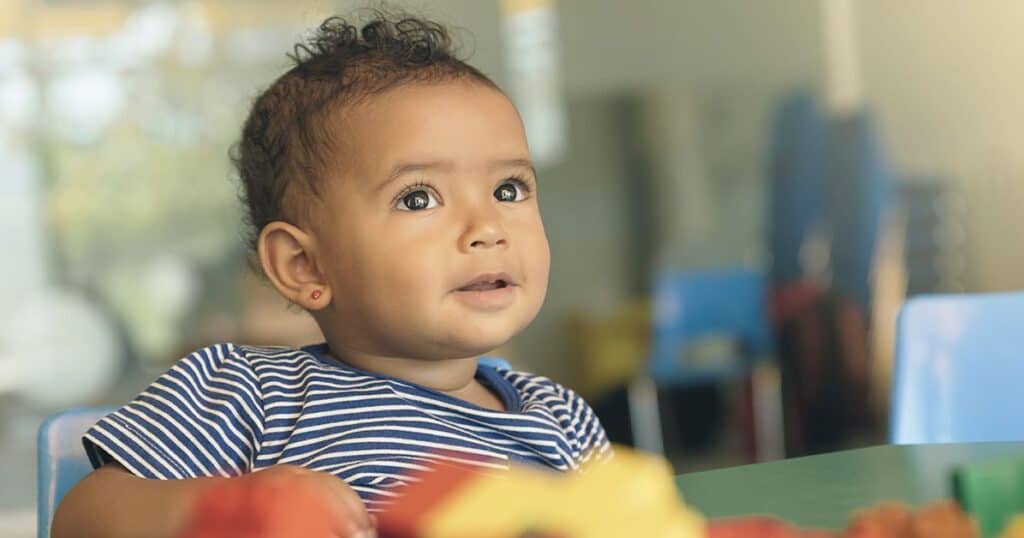In today’s increasingly interconnected world, multilingualism is not just a luxury; it’s an essential skill that promises numerous benefits. As our communities become more diverse, it is of utmost importance that we provide appropriate support to dual language learners (DLLs), especially during the foundational years from birth to 6. However, it’s worth noting that this terminology can be represented in various ways: Dual Language Learners (DLL), Multilingual Learners (MLL), English learners, and so on. But irrespective of the terminology used, the core message remains the same: supporting multilingualism at young ages is invaluable.

Why Support Dual Language Learners?
Cognitive Advantages
Studies have consistently shown that children exposed to more than one language at an early age exhibit enhanced cognitive abilities. This includes better problem-solving skills, improved memory, and heightened multitasking capabilities.
Socio-cultural Awareness
Multilingual children often develop a broader and more accepting worldview. Their exposure to multiple cultures and ways of life fosters empathy, understanding, and respect for diverse backgrounds.
Academic Success
Early multilingualism has been linked to improved reading skills, superior writing proficiency, and higher standardized test scores in the long run.
Economic Opportunities
In the global job market, bilingualism and multilingualism are often seen as valuable assets, opening doors to various career opportunities.
The Varied Terminology: Recognizing the Diversity
As mentioned earlier, there are numerous terms to refer to young children learning more than one language. Here’s a brief overview:
Dual Language Learners (DLL)
Typically refers to children learning two languages simultaneously, often because they come from a home where a language other than English is spoken.
Multilingual Learners (MLL)
A broader term, covering children who are being exposed to or are learning more than two languages.
English Learners
Generally, this refers to students whose primary language is not English and who are in the process of acquiring it.
It’s essential to recognize and respect the diversity and nuances in these terminologies. Every child’s linguistic journey is unique, and the support they require will differ based on their individual needs.
Supporting Dual Language Learners:
How Schools and Teachers Can Play a Role
Supporting DLLs / MLLs isn’t just about speaking multiple languages in the classroom. It requires a comprehensive, well-researched approach to ensure that these young learners get the best possible start in their multilingual journey.
For institutions looking to enhance their support for these children, our company provides specialized training and coaching to teachers and school staff. By ensuring that educators are well-equipped with the tools, strategies, and methodologies to support multilingual learners, we can foster an inclusive, nurturing environment where every child, irrespective of their linguistic background, can thrive.
To summarize, supporting Dual Language Learners in their early years is more than just an educational responsibility; it’s an investment in a diverse, interconnected, and harmonious future. As our communities evolve and become even more interconnected, the value of multilingualism will only grow, making early support for DLLs not just important, but indispensable.


